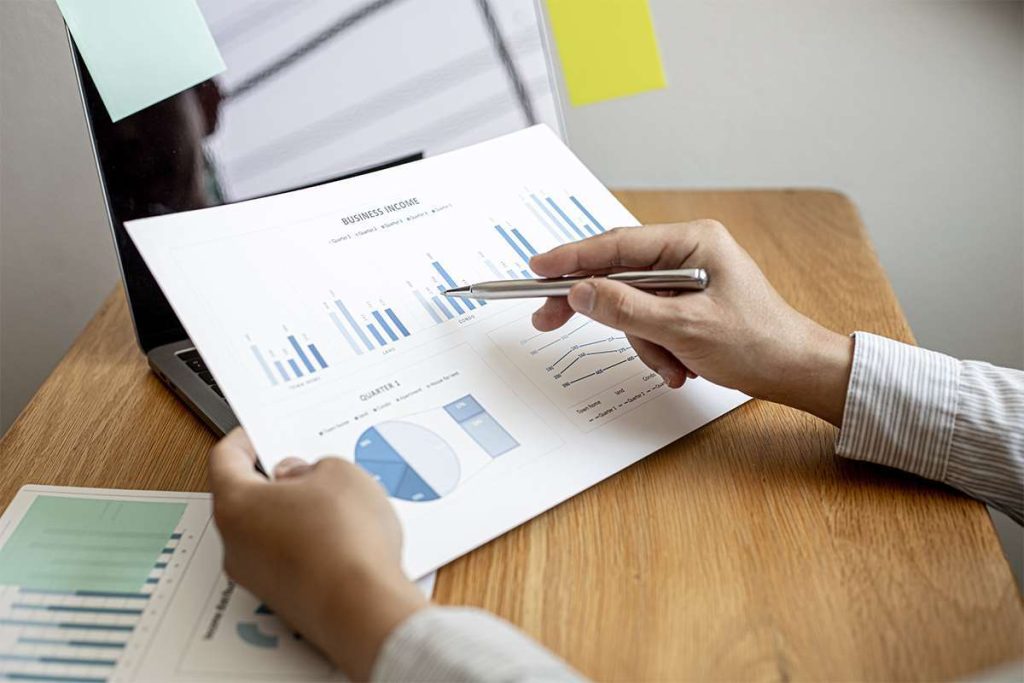Chưa có sản phẩm trong giỏ hàng.
Bookkeeping
Sole Trader accounts and bookkeeping a guide

Monitoring your cash inflows and outflows is crucial for maintaining healthy finances. As a sole trader, it’s easy to get caught up in the day-to-day operations of the business, leaving little time for financial management. As a sole trader, you have complete control accounting for sole trader over your business’s finances. You are responsible for every aspect of the enterprise, from managing inventory to reconciling bank accounts. Boost your efficiency and focus on your core business activities by partnering with an online accountant near you.

Adjust entries, cost codes and timings until there are no outstanding differences. Most people will have seen the making tax digital advertisements over the last few years. It’s part of HMRC’s efforts to make digital record-keeping a requirement for all businesses. You need to keep your records for a minimum of 5 years after the tax return because you may need to show them to HMRC, auditors, banks or lenders. Write off bad debt when necessary to avoid overstating profits or underestimating losses.
Do I have to pay VAT as a sole trader?
Some sole traders even set up two accounts so they can set aside savings for their tax liabilities as and when they fall due. We are trying to build a comprehensive guide to all things that a sole trader could need to learn about managing their finances. Continuing education in this area will not only help you maintain accurate financial records but also provide valuable insights into how your business is performing financially.
- When it comes to bookkeeping for sole traders, the first decision to make is whether to use a manual or computerised system.
- Of course, choosing the right method will depend on your business needs and personal preferences.
- They can assist you in ensuring your financial statements are prepared correctly and in compliance with accounting standards.
- Ideally capture income and expenses as they occur – don’t batch process weekly.
- You need to keep your records for a minimum of 5 years after the tax return because you may need to show them to HMRC, auditors, banks or lenders.
This means that they will be kept aware of when and if to expect your tax returns. Solvent traders reap significant advantages by avoiding the pitfalls of tight bookkeeping protocols. The completeness and accuracy of records directly impact their financial visibility to control the fate of their entrepreneurial endeavors and personal assets. Classifying transactions right is vital – miscoded figures severely skew reports relied upon for managing taxes, profits, and cash. Classify every business expense or revenue event into accounts like office supplies, equipment, sales of products, consulting services fees, etc. As a business owner, no matter what structure you adopt will need to know about the taxes that apply to you.
First steps when managing your accounts as a sole trader
Bookkeeping programs offer features like automatic bank statement imports, invoice management, and profit and loss reporting. When choosing software for your business needs, consider factors like ease of use, customer support availability, compatibility with your existing systems. In this way, when it’s time to pay the tax bill at year-end or quarterly if required by ATO (Australian Taxation Office), there won’t be an unexpected hit that damages your finances.
Always keep copies of important documents for record retention purposes so that you can easily access them at any time. For example, liquidity ratios measure how easily you can meet short-term obligations with available assets. https://www.bookstime.com/ Profitability ratios indicate how well you’re generating income relative to expenses. For example, a discrepancy could be due to a check that hasn’t cleared yet or a deposit that was made after the end of the statement period.

